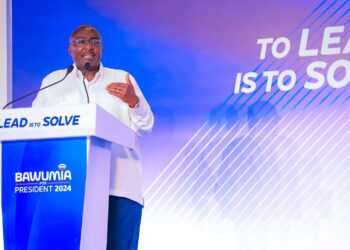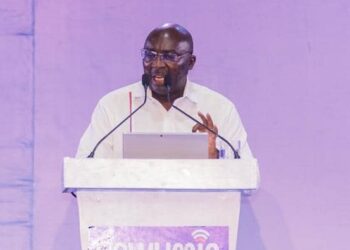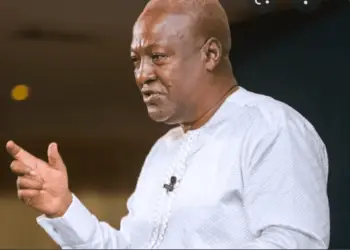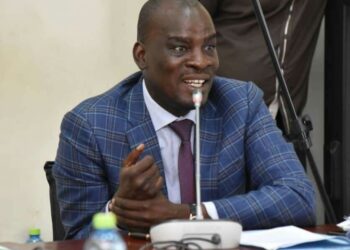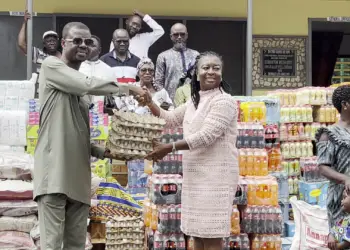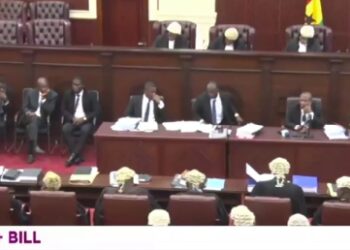Some economists have advised the Government to refine its flagship One District-One Factory (1D1F) initiative to reduce its import dependency.
They noted that the 1D1F initiative, envisioned by President Nana Addo Dankwa Akufo-Addo, had the potential to change the economy from being import dependent to a manufacturing, value addition and export-oriented and must be implemented that way.
They said when done well, it could help strengthen the local currency (the Cedi), reduce the exchange rate challenges, and create more jobs to improve the well-being of Ghanaians.
Dr Patrick Asuming, an Economist, said: “On paper, 1D1F should help, but we’ve been having that for six years now, and we still haven’t seen a substantial transformation of our import and exports so in that sense, I think, more needs to be done.”
He observed that though the economy had been growing: “Unfortunately, it’s been largely a jobless group. We’ve not been creating a lot of jobs, and the unemployment situation doesn’t seem to be improving.”
The Senior Lecturer at the University of Ghana Business School (UGBS) recommended that the strategy behind the initiative be revised, and said: “You cannot be doing 1D1F on the back of Planting for Food and Jobs (PFJ) and still be importing fertilizer.”
Dr Asuming explained that the exchange rate difficulties would not be solved by the measures that the government had put out, unless steps were taken to address the fundamental and structural challenges facing the economy.
Dr John Kwakye, the Director of Research of the Institute of Economic Affairs (IEA) also said, there was the need for the government to review the financial model of the 1D1F to ensure value for money for investments into the initiative.
He said: “By now I expected the government to have reduced some of the funding going into some specific flagship programmes because it’s clear that they are not sustainable to fund them all.”
“We import almost everything we consume, and this is because of our weak industrial base, and I had expected the Veep [Vice President] to talk about transforming the economy to a self-sufficient one.”
Dr Kwakye said this during a media engagement after the Vice President’s lecture on the state of the economy.
Admitting the current economic hardship, Dr Mahamudu Bawumia, the Vice President, said: “In the midst of the current economic challenges we face, we are putting in place the key pillars for the economic transformation of Ghana.”
He said the government was: “Committed to working with you to build a country in which every young person can hope, and aspire, and reach his or her fullest potential, right here in Ghana.”
The Vice President indicated that government’s flagship programmes in education, health, agriculture, industry, and digital transformation initiatives, entrepreneurship and youth employment were all aimed at transforming the economy and to better the lives of Ghanaians.
SEND A STORY: Do you have a story for us or need a promotion/advertisement? Submit them via our email dannyboy744@gmail.com and via on +233 266777777


